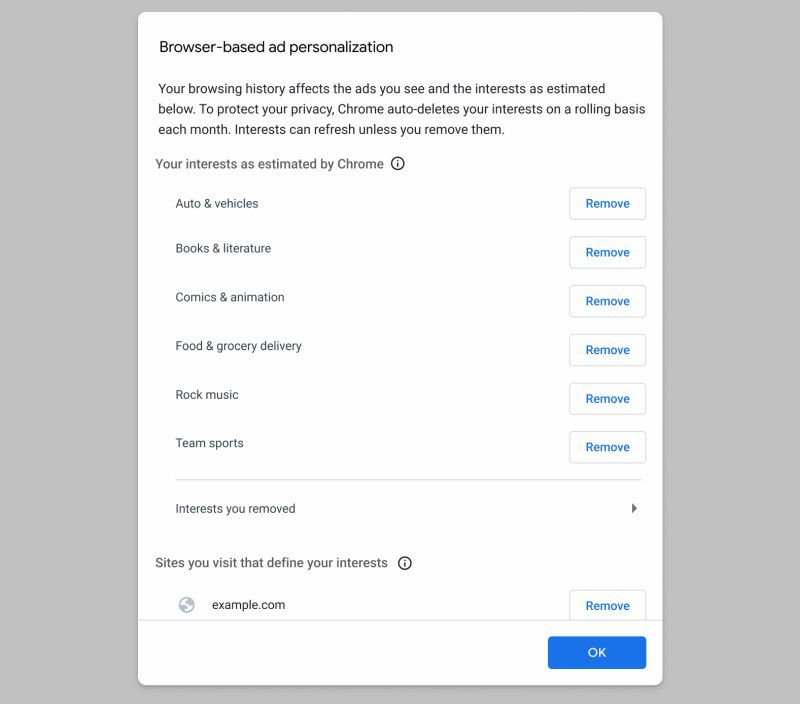We’re still at least two years away from ditching the invasive cookies, fingerprinting, and other tech that track user information and behavior across multiple sites for advertising to using Google’s preferred Privacy Sandbox set of replacements. Google originally published its intention to phase out support for third-party tracking cookies in Chrome within two years in early 2020 — now about two and a half years (and one global pandemic) ago.
In a blog post published today, Google Privacy Sandbox vice president Anthony Chavez writes, “we now intend to begin phasing out third-party cookies in Chrome in the second half of 2024.” Regulatory pressure spurred a previous delay that pushed the window into 2023, but its current development approach (if not the underlying technology, so far) does have approval from the UK’s Competition and Markets Authority (CMA), so this could be the last time it’s pushed back.
Google is deep into testing a new set of APIs (including some you may have heard of, like Fledge or Topics API) that it claims can strike a balance between preserving privacy and continuing to enable the online advertising economy that is the core of its business. Developers have access to test the APIs on their sites and in apps now, and if you’re running a beta version of Chrome, it may be enabled for you already.

The plan is to expand the group of Chrome users who have Privacy Sandbox APIs enabled to “millions of users globally” starting in August, then gradually opt more people in throughout the rest of the year and into 2023, giving the publishers and developers of these sites time to find out how the technology works before the APIs are “generally available” by Q3 of 2023.
If you use Chrome, Google says you will see a prompt with the option to manage your participation whenever it rolls out to you.
Competitors and privacy advocates haven’t been quick to support Google’s shift, with EFF staff technologist Bennett Cyphers calling for Google to “redirect its effort towards building a truly user-friendly Web.” When Google dropped an early attempt at a replacement (FLoC) for Topics API, Cyphers told us that while “It definitely improves on FLoC,” “Being less scary than FLoC doesn’t mean it’s ‘good.’ It will tell third-party trackers about what kind of sites you browse, and it could help websites and advertisers ID you across devices.” Google claims that “As the web community tests these APIs, we’ll continue to listen and respond to feedback.”
https://www.theverge.com/2022/7/27/23280905/google-chrome-cookies-privacy-sandbox-advertising

